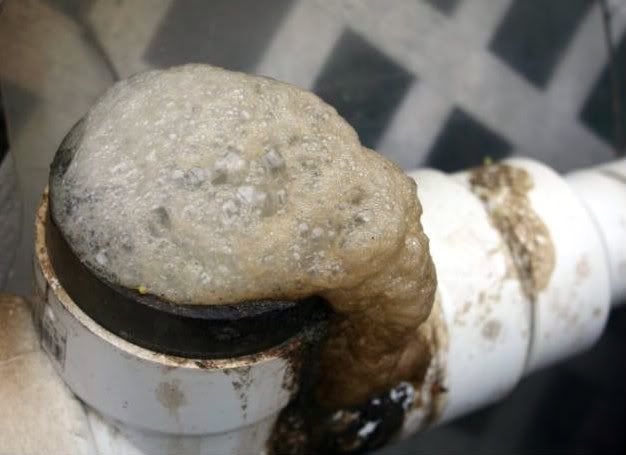I've never seen any study finding a growth hormone inhibitor or any other regulating hormones in water. (These hormones do exist, e.g., I think tadpoles have them, but I've never seen it found with fish.) I'm not saying they don't exist, but I'd think if it were there, it'd be a cinch to find it, and I've failed at finding those studies. What I have found is that the most important factor impacting growth is food, with degraded water conditions and stress as distant seconds or thirds on that list.
I'd also question the idea that minerals do not dissipate in tank water. 1) again, I can find no studies where anaylsis compared clean to "used" water regarding all the minerals in the water. 2) Fish consume minerals and use them. While one can say they haven't "gone" since they are in the fish's tissue, the water loses what was there. Unless food provides a replacement for what was used, the pertinent minerals and vitamins are no longer available.
Fish that are crowded or inhibited by a threatening fish are stressed. Stressed fish eat less and stressed fish have reduced regulatory systems. If they grow slower it's likely due to reduced food intake, reduced 'natural' hormones that enhance growth or inhibitory effects from missing minerals/vitamins or increased levels of nitrate.






